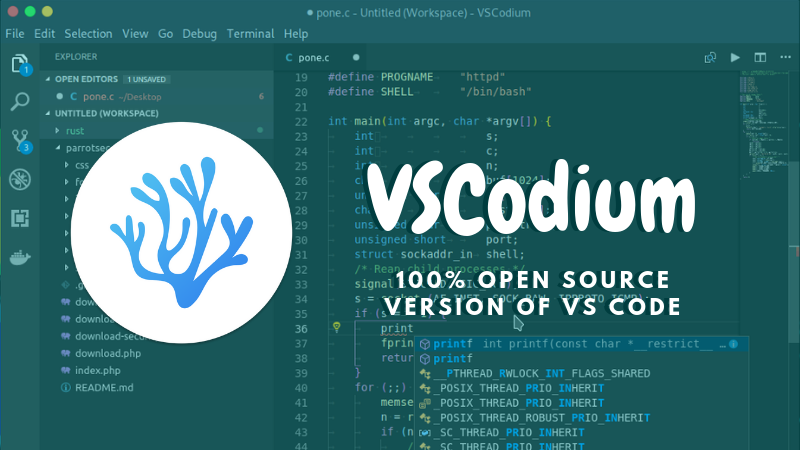Overview
Believe it or not, it is pretty rare for Network Engineers to put a lot of thoughts into the Text Editor they would want to use. They generally go with the default option available on their Operating System. This used to make sense because we used to spend most of our time on the CLI of the devices we managed, but now with the massive adoption of automation, creating, editing or managing codes/scripts is more effective with a Text Editor.
But what makes a great text editor? That is essentially the question I will be trying to answer in this blog.
What makes a great Text Edittor?
A text editor is one of the most essential (if not the most essential) tool in the arsenal of a DevOps/Automation Engineer, and for that reason it should be chosen wisely. Here is what I think should be the attributes used to evaluate an attractive text editor:
- Open Source
- OS independent
- Customizable
Open Source
In addition to the fact that it is free to use, free to modify and come with a huge support community, the alternative (proprietary solutions) uses telemetry to track your activities. If you’d rather do without the usage tracking (or potential corporate espionage), Then I would recommend you use an open source solution.
OS Independent
The best text editor should be available on all Operating systems or at least the ones you are familiar with. This is very important because as a consultant different companies have different requirements about the type of laptop they provide to their employees. In some companies you will be assigned a Windows OS, in others an Apple OS or a Linux OS. You should not be constrained to change your text editor whenever you operate on a different OS.
Customizable
There is a myriade of functionalities associated with many text editors and very often a tiny portion is needed depending on your regular tasks or projects. For that reason it is important for an Engineer to be able to add or remove those functionalities as needed. Very often they are available in the form of extensions or modules.
Which one then?
For me the Winner is vscodium although I use VSCode! Let me explain…
Not long ago I was a fan of Atom until it was acquired by Microsoft along with GITHub. Atom is still an Open Source text editor but because Microsoft is pushing for the adoption of VSCode, there is no telling if it would be discontinued in the future ( remember CentOs OS after RedHat was acquired by IBM?)
Vscodium on the other hand is truly the Open Source version of VSCode. Vscodium is licensed under the MIT-License while VSCode is licensed under Microsoft Software License. but in reality the differences between VSCode and Vscodium is the telemetry, which is tracking software and is activated by default in VSCode. I am using VSCode mostly because of its amazing documentation (Which I should note equally applies to Vscodium). But if Microsoft was to change anything fundamental about VSCode, I can always switch to vscodium an rip the same benefits.
What I wish to find in VSCode
Password Manager
VSCode comes with a very well integrated terminal that conveniently consolidate all your work in one place. But it is lacking a way to safeguard passwords, this makes the life of an engineer difficult because he/she would always have to manually enter the password for each and every system he/she administers.
User profile
It would be really nice if we could create a profile with all the extensions we love and being able to synchronise it across multiple platforms.
